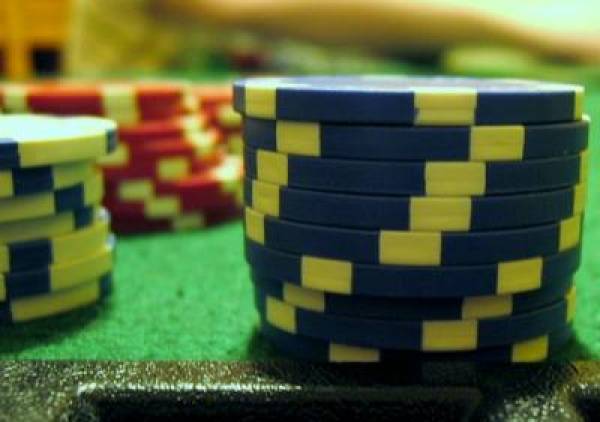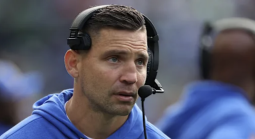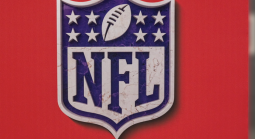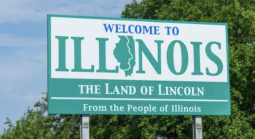Game of Skill Good for Poker, Bad for Football

They want lawmakers to know that poker is a "game of skill". Poker players are now getting away from the whole gambling label in an effort to build momentum around the concept that poker is just that, a "game of skill".
Michael Vasquez of the Miami Herald writes:
If you buy the counter argument made by the game's biggest boosters, then poker is, in fact, a game of skill -- not a game of chance.
Should lawmakers in state capitals and Congress agree, it could mean a major expansion of online poker, and games of live poker could take place in dozens of states where poker is outlawed.
In states such as Florida, where poker is already legal, Internet poker players would still benefit from increased gambling options. If the federal government deems poker a skill game, it would be exempt from the Unlawful Internet Gambling Enforcement Act that passed Congress in 2006.
The law cast a cloud over the legality of Internet gaming, and prompted some websites to no longer accept U.S. players.
Poker advocates now feel their skill message is gaining steam. The Florida Legislature this month approved higher-stakes poker at the state's Indian casinos and parimutuels. During the legislative session, skill was mentioned as one reason lawmakers should allow higher stakes -- with the idea that more chips in players' hands allow for skill to play a larger role.
In an ironic twist, the National Football League (NFL) earlier this month has attempted to counter Delaware's efforts to legalize sports betting by suggesting wagering on football games is a "game of skill" and, thus, shouldn't be legalized.
Lawrence C. Ashby and colleagues at Ashby & Geddes argued on behalf of the NFL that sporting events are not "games based entirely or purely on chance" but are games of speed, skill and endurance and betting on them "is itself a game of skill."
That skill can be substantial, Ashby argued, making all bettors unequal.
"The bettor must bring his or her knowledge of the sport to bear in evaluating which team or outcome to select," he wrote. "Setting a point spread might make it more difficult for a bettor to decide which outcome to select, but does not render the game one of chance."
The NFL expounded on that notion in the brief by attorney Kenneth J. Nachbar and colleagues at Morris Nichols Arsht & Tunnell.
"If a game is predominantly one of chance," Nachbar wrote, "it will not matter who is doing the picking -- a skilled expert, or a monkey choosing at random."
Christopher Costigan, Gambling911.com Publisher












